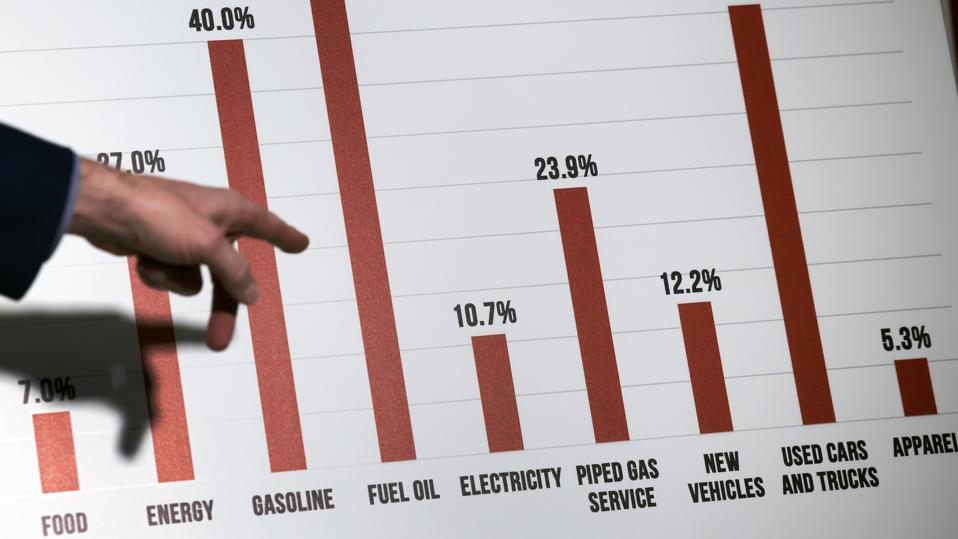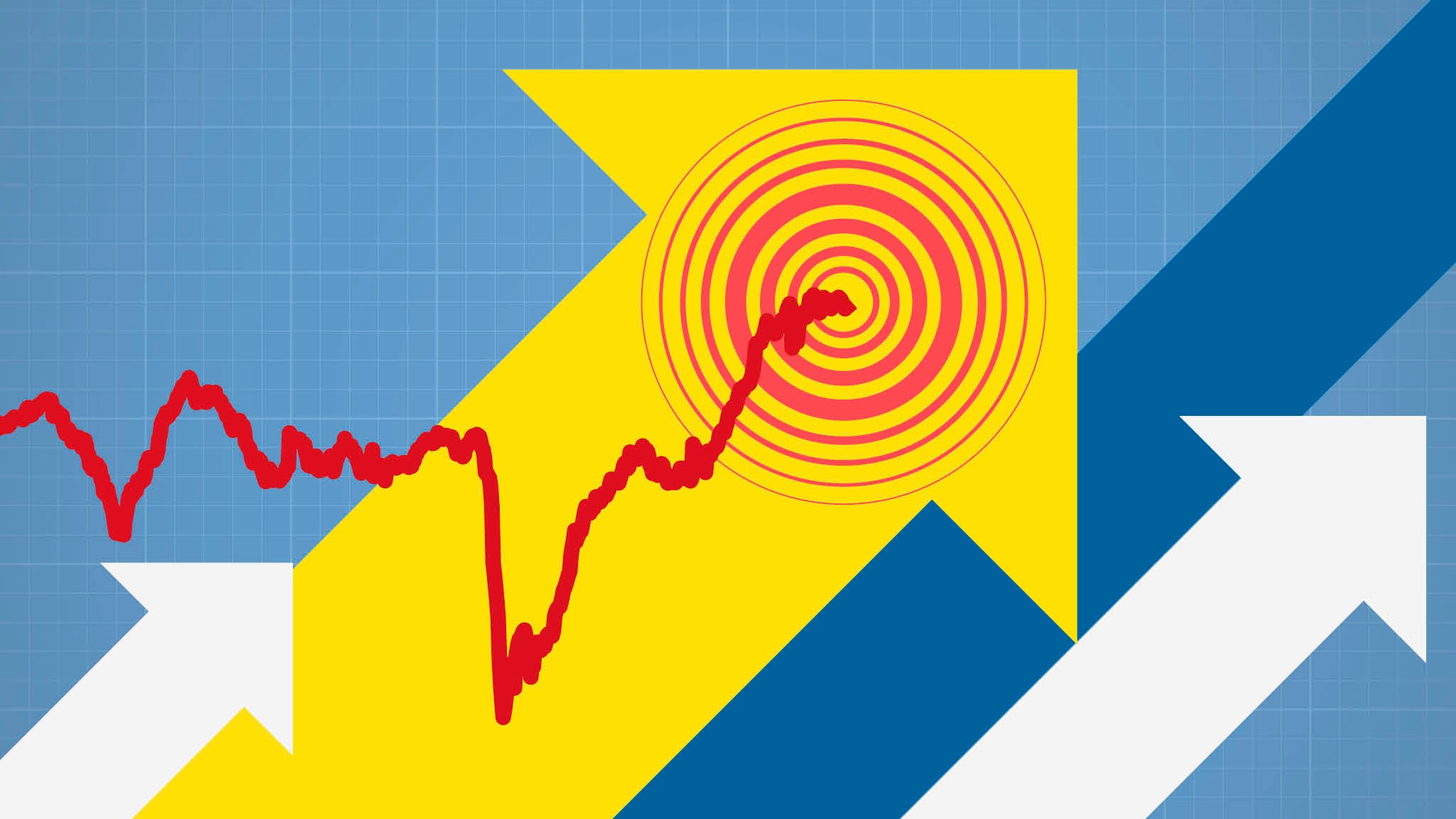
Inflation is here. Prices are rising. And consumers everywhere are starting to scrutinize their financial decisions more closely.
How should inflation affect your investment decisions? What are the best ways to hedge against inflation, and how should your purchasing and investing patterns change when inflation is at its peak?
The Complex Role of Inflation

Source: forbes.com
Inflation is a complex phenomenon, and it affects different sectors of the economy in different ways.
For example, in the real estate world, inflation has multiple simultaneous effects. Inflation has a tendency to push home prices higher, making it gradually more difficult to find an entry point. But at the same time, holding mortgage debt is advantageous in an inflationary environment; because the value of money decreases during inflation, the value of your debt will decrease accordingly. Investing in real estate is also an effective hedge against inflation, since investing in property is a way to invest in “real,” tangible material that’s independent from the stock market.
We also need to consider the fact that different investors have different levels of risk tolerance and different goals and strategies related to their personal finances. A young investor might be very tolerant of risk and eager to achieve growth, while an older investor might need to minimize risk as much as possible while generating consistent cash flow.
Because of this, it’s very hard to make broad recommendations about how to invest while inflation is increasing. But we can make some strategic suggestions.
General Strategies in an Inflationary Era

Source: ft.com
These are some of the best financial strategies to employ if you’re concerned about the future of inflation:
- Understand our predictive limitations. Economists rarely agree on anything. The economy is an enormous and incredibly complicated machine, and one driven by thousands of individual variables. There are also many different ways to interpret the interaction of these variables, so our best economists bicker over even the tiniest details. Because of this, no one can predict exactly how the economy is going to develop from here. We don’t know how long inflation will last or how intense it will be. We don’t know how inflation will exactly affect various markets. We are all operating with uncertainty, which means there’s no such thing as a perfectly correct approach to this environment.
- Assess your own risk tolerance and individual position. Before you make any decision about how to invest in an inflationary era, spend some time assessing your own risk tolerance and your individual positions. What are your goals as an investor? How much money are you willing to lose? What’s your current portfolio like and how should it evolve?
- Plan for the long term. Investors concerned about inflation are often preoccupied with how the economy will develop over the next few years. But if you want to maximize your profitability and effectiveness, you also need to keep the long-term time horizon in mind. How is your portfolio going to develop over the next 10 or 20 years? How do you think inflation will develop then?
- Prioritize good debt. Debt can be advantageous when inflation begins to set in. As the value of currency declines, debt in that currency becomes less powerful. That doesn’t mean you should overleverage yourself, and you definitely shouldn’t max out your credit cards, but if it makes sense to take out a mortgage for a new property or take out student loans for your education, now could be the right time.
- Consider specific inflation hedges. When investors begin to fear inflation, they often turn to safe havens that have historically served as good hedges against inflation. Real estate, precious metals, bonds, and certain types of commodities are examples of these hedges.
- Pursue “safe” industries and sectors. You can also shift your stock investing strategy to pursue safer industries and sectors. Look for companies and economic realms that are capable of succeeding even during economically tough times. Utility companies and waste management companies are two examples of this; no matter what happens in the economy, people are still going to need utilities and waste management.
- Diversify. The most popular piece of investment advice is to diversify your portfolio, even during “normal” economic periods. It’s even more important in inflationary times. The purpose of diversification is to make sure your portfolio is optimized to minimize losses and even out your gains; by investing in many different asset classes and areas of the economy, no single disruptive event can bankrupt you. Long-known safe havens like real estate and gold are commonly held as excellent hedges against inflation, but there’s no guarantee these assets will perform optimally. Make sure your portfolio is equipped with a robust mix of different types of assets.
- Don’t take any advice too literally. Be wary when taking advice. Sensationalists and inexperienced financial advisors often take advantage of tumultuous times to make bold claims and dispense questionable advice in pursuit of getting rich or helping others get rich. More information is rarely a bad thing, but exercise caution to avoid taking any single recommendation or piece of advice as the gospel truth.

Source: marketwatch.com
These strategic recommendations aren’t meant to constitute formal financial advice, and it’s important for us to reiterate that every investor is different. There’s no single “right” way to handle inflation or your assets during an inflationary era; instead, you need to figure out what works best for you.







